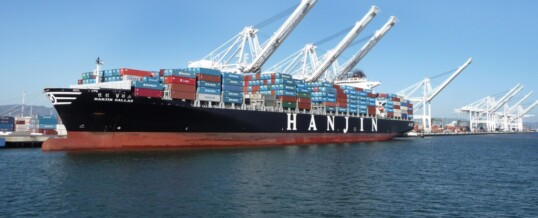In connection with term and revolving facilities, loan agreements, or shipping mortgages, called “Preferred Ship Mortgages,” for vessels registered under the flag of the Marshall Islands, the banks and financial institutions lending money to the vessel owners often require shipping mortgage legal opinions. In preparation for rendering such a legal opinion, Marshall Islands counsel must review and investigate the loan documents, organizational documents of the borrower, resolutions adopted and certified copies of corporate minutes or written consents relating to the organization of the borrower and to discussions held or actions taken with respect to the transactions contemplated by the loan documents, and any documents, agreements and certificates as considered necessary or appropriate in connection with the opinion rendered for that certain transaction.
Upon review of the relevant documents, Marshall Islands counsel may opine, among several other things, as to whether the borrower is the sole owner of record; that the Preferred Ship Mortgage duly filed constitutes a preferred mortgage in accordance with Marshall Islands maritime law; and that there are no liens of record against the vessel other than the Preferred Ship Mortgage.
Marshall Islands Lawyers will review the relevant documents and expeditiously draft a shipping mortgage legal opinion appropriate to the transaction. We can also draft the shipping mortgage itself and assist with the recordation of the shipping mortgage in accordance with Marshall Islands maritime law.
MAR



